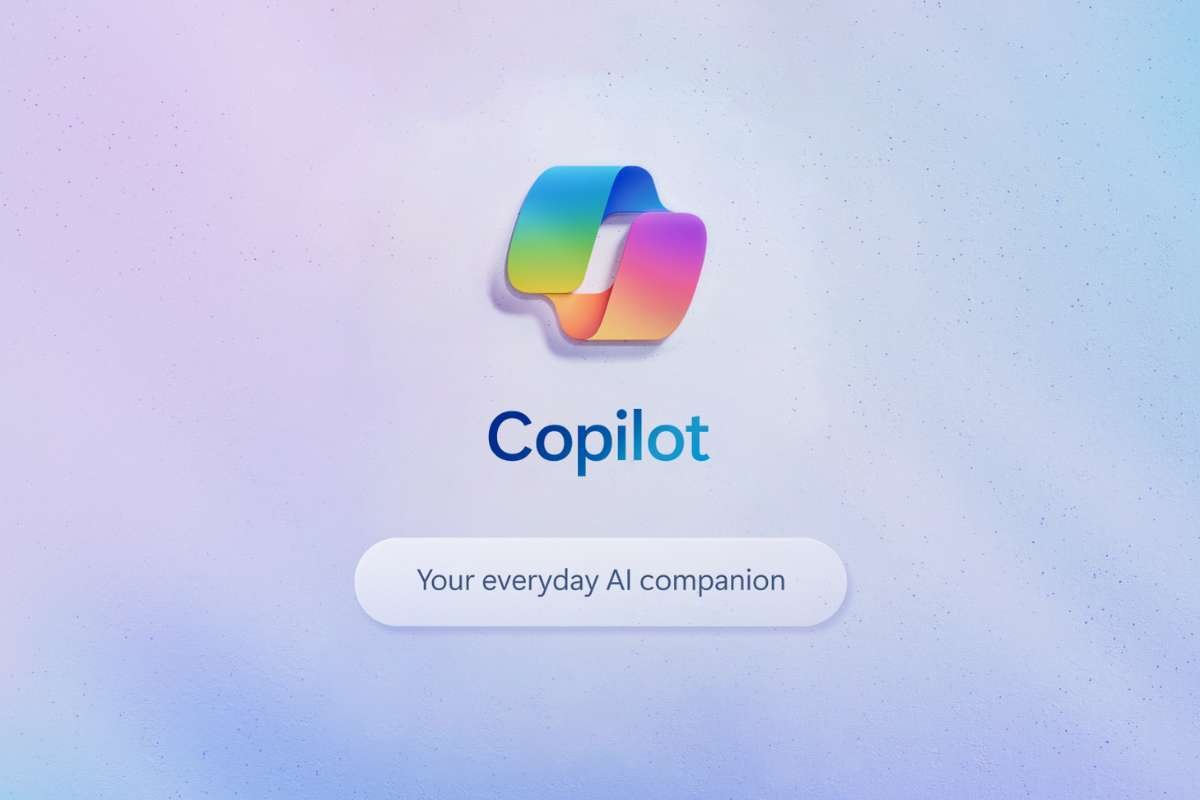Launch of Copilot Vision in Preview
Microsoft has unveiled Copilot Vision, a groundbreaking AI tool that can analyze and respond to web content, making online browsing more interactive and efficient. Released on Thursday as part of a limited U.S.-only preview, the feature is available through Copilot Labs, an experimental platform integrated into Microsoft Edge. Users who opt into the program can leverage the AI to perform various tasks, including answering questions about the websites they visit. For example, users can ask, “What’s the recipe for this lasagna?” or request detailed information about web pages.
Access to Copilot Vision requires a subscription to the Microsoft Copilot Pro plan, priced at $20 per month. The AI tool’s capabilities extend beyond simple queries. It can summarize and translate content, highlight discounted items in online catalogs, and even act as a gaming assistant, providing tips during Chess.com matches. According to Microsoft, the tool aims to enhance web navigation by offering real-time support while remaining unobtrusively integrated into the Edge browser.
Privacy and Content Limitations
Privacy and data security are central to Copilot Vision’s design, with Microsoft emphasizing stringent safeguards. The company has assured users that the tool does not retain processed data, including audio, images, or text, nor is this data used for training AI models. “When you choose to enable Copilot Vision, it sees the page you’re on, it reads along with you, and you can talk through the problem you’re facing together,” Microsoft stated in a blog post shared with TechCrunch.
However, the tool’s functionality is limited to certain pre-approved websites. It cannot access paywalled or “sensitive” content, although Microsoft has not fully clarified the criteria for such restrictions. A spokesperson explained that the initial list of compatible sites is determined on a case-by-case basis, with plans to gradually expand the selection. This cautious approach aims to address potential privacy and legal concerns, especially in light of ongoing disputes with publishers over AI tools accessing proprietary content.
Publisher Concerns and Microsoft’s Commitments
The rollout of Copilot Vision reflects Microsoft’s effort to balance innovation with the rights and concerns of content creators. Many publishers are wary of AI tools using their data without consent and the associated impact on server costs. The New York Times, for instance, has sued Microsoft for allegedly bypassing its paywall via the Bing Copilot chatbot.
To mitigate these issues, Microsoft has pledged to respect “machine-readable controls on AI” implemented by websites. While the company has not specified which controls Copilot Vision will adhere to, it has indicated a commitment to evolving the tool based on publisher feedback. “Some of those we’ve collaborated with are third-party publishers, who help us understand how Vision could be used to help people better engage and make decisions on their pages,” the company noted.
The tool’s future depends on its ability to navigate these complexities while delivering value to users. As Microsoft expands Copilot Vision’s capabilities and site compatibility, it remains to be seen whether it can win over both users and publishers in the AI-driven web landscape.









